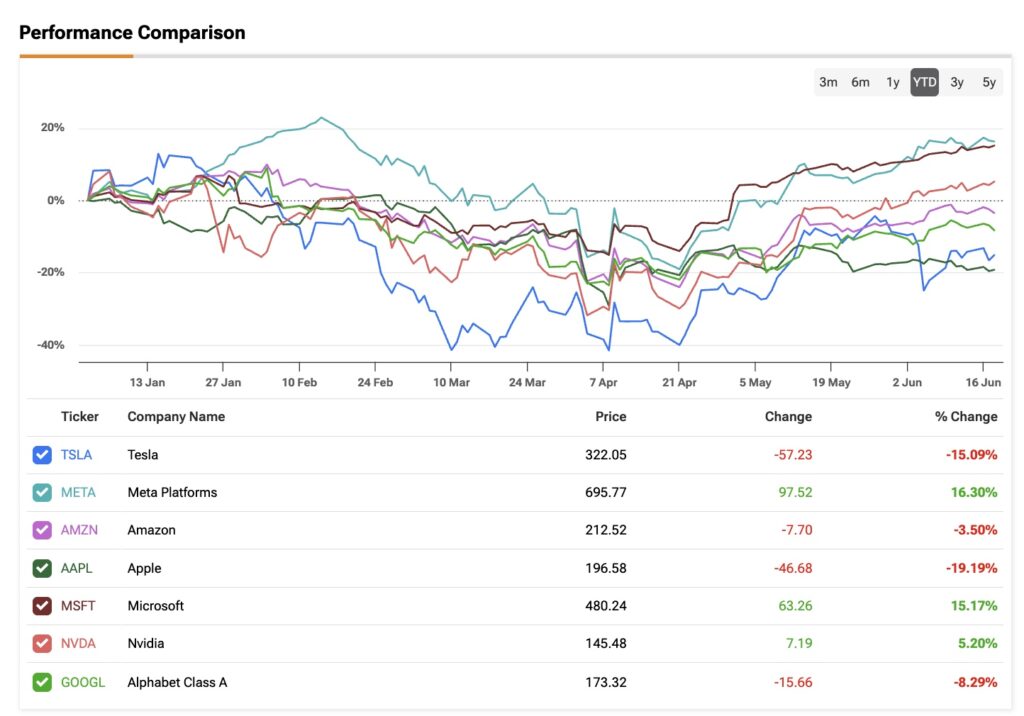
Oil futures dropped significantly on Tuesday as markets responded to signs of de-escalation in tensions between Israel and Iran. Investor sentiment was lifted by hopes that a fragile ceasefire between the two countries could hold, potentially averting major disruptions to global oil supply chains.
Brent crude and West Texas Intermediate (WTI), the international and U.S. oil benchmarks respectively, both slid in early trading. The decline in prices marked a second day of losses following days of volatility fueled by fears of broader conflict in the Middle East. Gasoline futures also saw steep declines, signaling expectations of stabilized supply in the near term.
The recent conflict between Israel and Iran had raised alarm bells across financial and energy markets, with analysts warning that any escalation could threaten vital oil transit routes in the region. However, news of a delicate yet ongoing ceasefire appears to have reassured investors, leading to a sell-off in energy futures.
“Traders are taking a breather from the geopolitical risk premium after reports of a possible ceasefire between Israel and Iran,” said Matt Smith, a lead oil analyst at commodities tracking firm Kpler. “While the situation remains fragile, the immediate threat to oil infrastructure appears to have diminished.”
Market analysts note that while prices may continue to fluctuate based on further developments, the current pause in hostilities is a positive sign for both global energy markets and broader economic stability.
Despite the recent decline, industry experts warn that the situation remains fluid. Any breakdown in ceasefire talks or renewed military activity could quickly reverse the downward trend in energy prices.
As the geopolitical landscape continues to unfold, analysts will be closely monitoring developments in the Middle East, as well as their impact on global energy supply and pricing dynamics.
Source: https:// – Courtesy of the original publisher.








